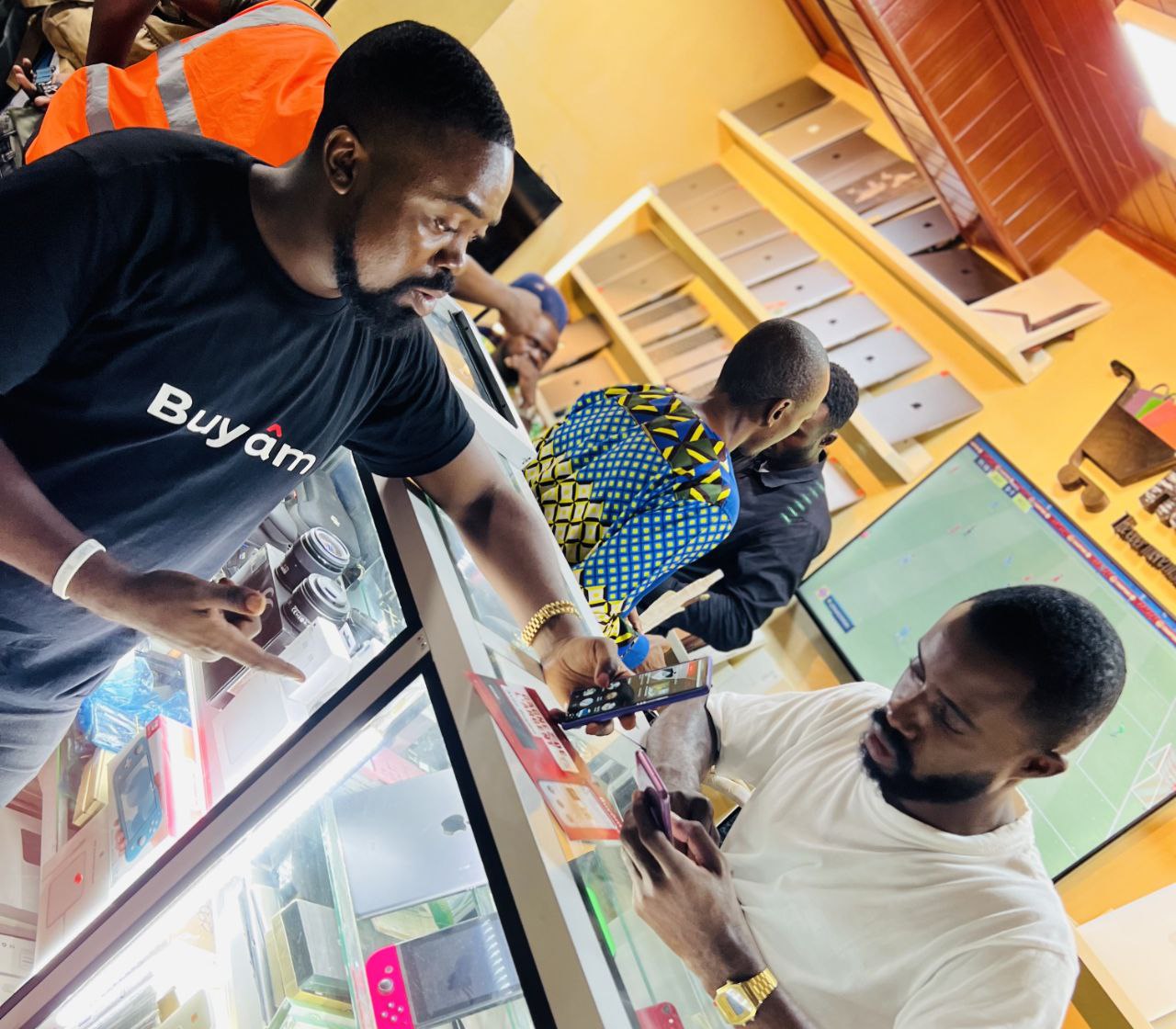Company Blog
Why we are digitizing commerce in Africa

The informal sector hosts nearly 83% of all employment in Africa and 85% in Sub-Saharan Africa. It is estimated that the informal sector, mostly through agriculture and trade, generates around 50 % of economic output and accounts for 85 % of employment in Africa. From every indication, the informal commerce sector is the pillar of most African economies yet the relevant stakeholders have little or no effective and large-scale tools that can help them effectively operate and scale up.
Digitizing the informal commerce sector will solve lots of problems stakeholders are facing, help them become more effective, grow and create lots of jobs.
Below are some ways in which digitizing commerce will help transform the lives of merchants across Africa.
Marketing and Sales
Most informal sector merchants in Africa can only market and sell to customers in their immediate location and within a finite geographical space limited to maybe 100 to 500 customers. Going digital with a web and mobile presence instantly expands their customer base. With a simple web catalog and a uniform resource locator, they can reach customers all over the world that have an internet connection and a smartphone or computer. In fact, going digital can take them from 500 customers to over 5 billion customers, their sole limitation being their means and resources.
Furthermore, with a digital presence, merchants can keep track of products that sell the most in a specific geographic location and peak sales periods. Additionally, they can also keep track of their clients and know when and how to effectively market and sell to them. Efficiency goes up a notch and by induction growth.
Procurement
With an effective digital catalog, an informal sector merchant can easily track data on what they sell and when they sell it and over time, this data along with some machine learning or AI, can then be used to inform the merchant what products to buy and stock at what time of the year or season. Today lots of informal sector merchants rely heavily on guesswork to know what their clients will need and most of the time this leads to them buying products that nobody wants and that go to waste. With the data digital operations generate, merchants will easily curtail this waste by letting the machine tell them exactly what to procure when, and where for maximum profit and 100% sale of inventory at all times. Over time, a digital system can learn and become efficient to the point where merchants accurately know what to buy, when to buy, and sell without any waste of resources.
Business Intelligence
One of the core values of digital tools is the trove of data the systems can collect for merchants. Today, most merchants in Africa don't really keep track of data because they either don't have the skills, tools, or resources to effectively track data. A digital solution will release merchants from this task and they won’t have to lift a finger, except for using the system daily, over time, the system will be able to generate intelligence for them based on all their records. This alone can be a game-changer for merchants. For example, if a merchant can name, with 100% accuracy, the most sought-after products in their city, they can then be smarter in doing business. All of a sudden the possibilities become endless for any merchant with a smartphone and internet access.
Accounting
One can effectively estimate that 99% of African merchants don't keep accounts. It's either they don't have the skills, time, or resources or they just don't see the need. However, digital commerce can automatically track over 90% of their accounts for them, serving as a reliable gauge for the health of their business and even enabling them to leverage the data for other purposes such as getting investments or loans.
Access to Capital
Financial institutions in Africa are quite conservative when it comes to giving loans to informal sector merchants unless the latter have a collateral or guarantor. Sadly most informal sector merchants do not have any tangible collateral or suitable guarantor. Digital has the potential to change this paradigm, by helping their operations effectively generate enough data financial institutions can use to determine creditworthiness and in the process provide these merchants with another route for accessing collateral- or guarantor-free financing. A typical example of such a system is what Ant Financials is doing with Alipay in China.
Data-driven growth Opportunities
Digital amplifies effectiveness. Think recruitment, sourcing of suppliers, investments, and lots more. Inspired by current realities in Africa, I personally have a strong ambition to build a digital platform that can enable every informal merchant in Africa to easily scale their operations and grow. If you are like me, maybe you should start by trying out what we are doing with the Buyam app by installing it via this link https://buyam.co/hq/en/download
We are also looking for partners and or investors to enable us to achieve this goal of digitizing every merchant in Africa. You can get in touch with us here https://buyam.co/hq/en/get-in-touch
Or if you are a merchant, set up your shop, start selling and grow with Buyam here https://buyam.co/hq/en/vendors
Share Article: